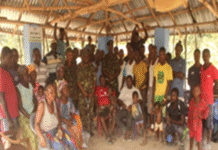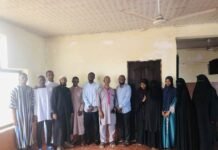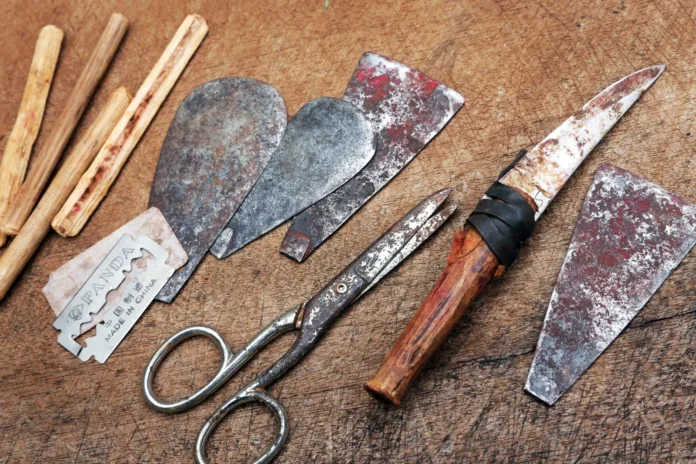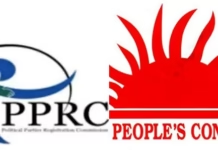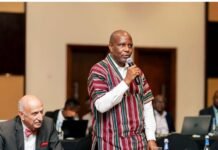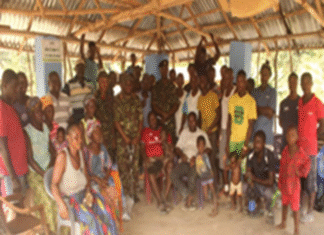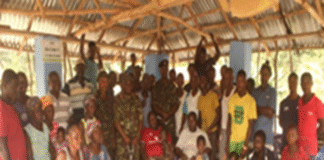By Shadrach Aziz Kamara
Despite global efforts to end the harmful practice of Female Genital Mutilation (FGM), it remains a deeply rooted tradition in many communities across Africa, including parts of Sierra Leone. Often shrouded in secrecy and defended under the guise of cultural rites, FGM continues to put millions of girls at risk, leaving both physical and psychological scars that last a lifetime.
FGM involves the partial or total removal of the external female genitalia for non-medical reasons. The procedure is typically carried out on girls between infancy and age 15, often without anesthesia and in unsterile conditions. Health professionals and human rights activists warn that this practice carries immediate health risks such as severe pain, bleeding, infections, and even death. Long-term consequences include chronic urinary problems, complications during childbirth, infertility, and psychological trauma.
“I was only 12 when it happened,” says Mariatu, now 23, from the Northern Province. “I didn’t know what was going to happen until it was too late. I still remember the pain, and it has affected my relationships and confidence ever since.”
Beyond the medical dangers, FGM is recognized internationally as a violation of the rights of girls and women. The United Nations, the World Health Organization, and many regional bodies like the African Union and ECOWAS have declared the practice a serious form of gender-based violence. In Sierra Leone, while steps have been taken to raise awareness, a national ban on FGM has yet to be fully enacted and enforced.
Local activists, including women’s rights organizations and youth leaders, are calling for urgent action to end the practice. They advocate for education, community engagement, and the empowerment of girls as crucial tools in breaking the cycle.
“The fight against FGM is not just about stopping the blade,” says Hawa Conteh, a grassroots activist in Bombali District. “It’s about changing mindsets, protecting our girls, and respecting human dignity.”
Efforts are also being made to provide alternative rites of passage that honor cultural traditions without causing harm. Programs that train former practitioners in new skills and support survivors are gaining traction.
As Sierra Leone and other countries mark important cultural and political anniversaries, there is a growing realization that true progress cannot be achieved without safeguarding the health and rights of all citizens especially the young girls whose voices have been silenced for too long.
“FGM has no place in a modern, just, and equitable society,” says Dr. Fatmata Kargbo, a reproductive health specialist. “The time to end this harmful practice is now.”

